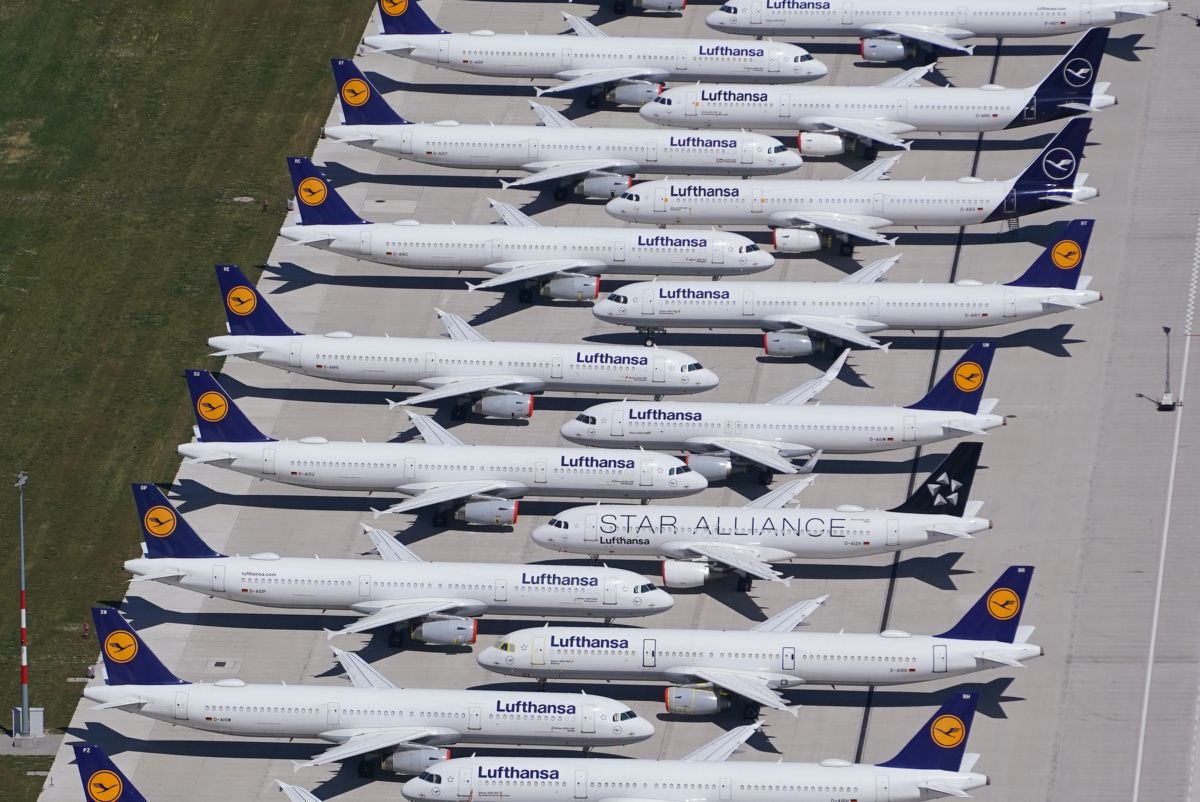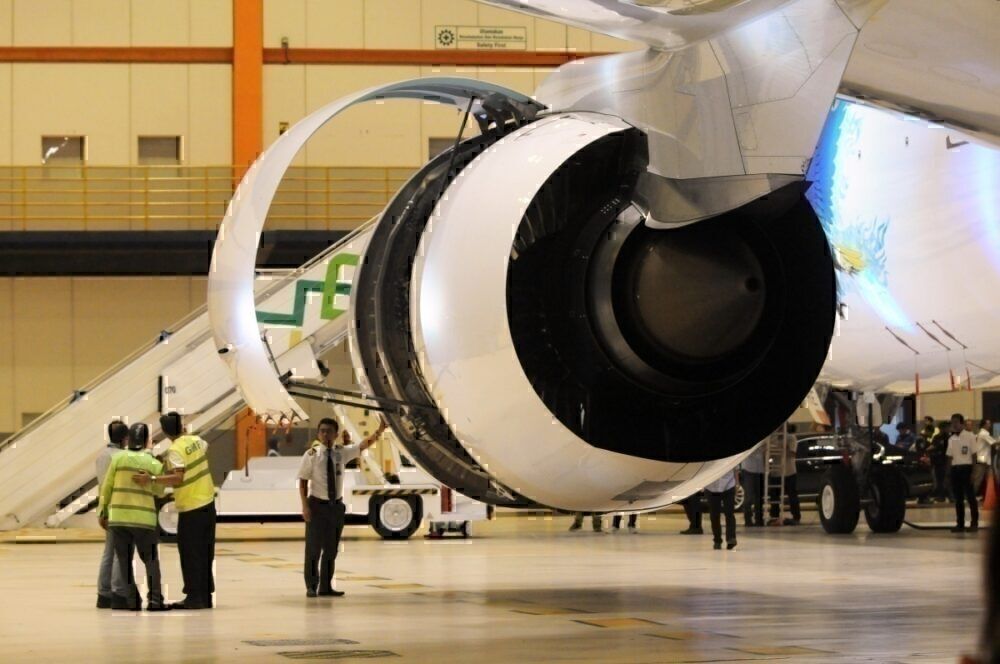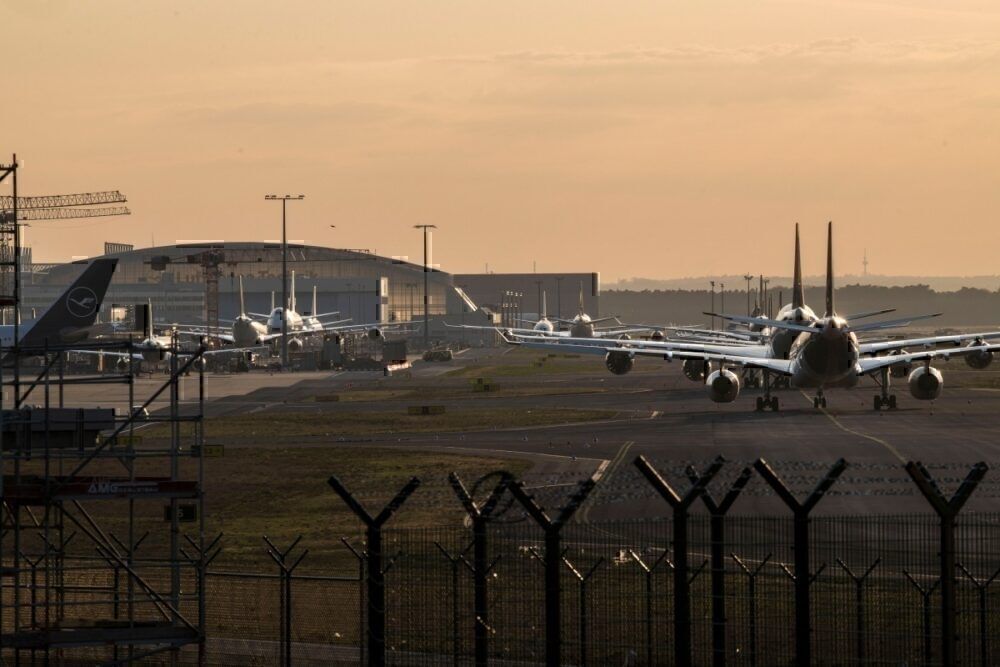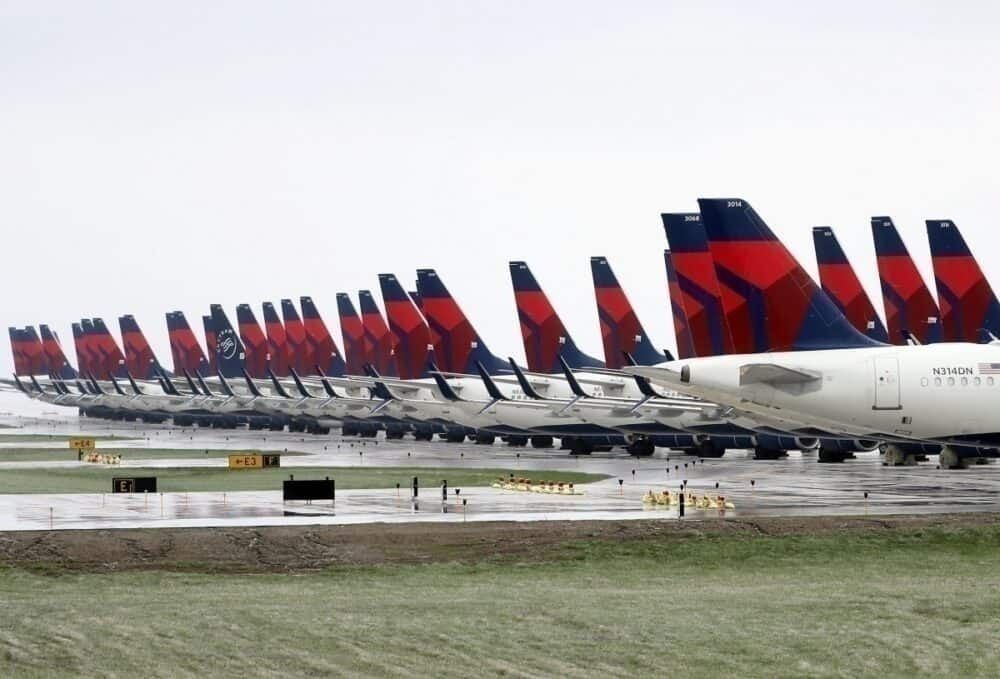Airlines are being warned to take extra precautions when returning grounded planes to service. Experts, insurers and regulators across the world are calling for more stringent maintenance and training procedures as airlines begin to take their inactive fleets out of storage.
High risk as planes come out of long-term storage
An unprecedented number of aircraft have been grounded due to the COVID pandemic; at one point, almost two-thirds of the world's planes were forced out of service. According to Reuters, authorities and insurers are pressing airlines to take greater care when reintroducing their grounded aircraft into service.
The International Air Transport Association (IATA) cites the dramatic rise in unstabilized approaches this year as a concerning trend. The European Union Aviation Safety Agency (EASA) has also weighed in, citing a sharp increase in malfunctioning flight instruments.
Many planes leaving storage are returning inaccurate airspeed and altitude readings as vital flight instruments have not been returned to perfect working order. In one extreme case, a Wizz Air jet had to abort takeoff after airspeed indicators were not working - insect larvae was later discovered to be blocking a pitot tube.
Stay informed: Sign up for our daily aviation news digest.
What can go wrong with grounded planes?
Although a plane technically isn't doing anything when it's grounded, this doesn't mean it will emerge from long-term storage unscathed. According to Boeing, aircraft can develop multiple problems when grounded:
- Discharged batteries
- Loss of component lubrication
- Contamination of water or fuel systems
- Structural deterioration
- Damage to instrumentation
The same report notes that planes in active service experience far fewer maintenance problems than those flown infrequently. It concludes that,
"...increased integration and complexity of both hardware and software in airplane systems means greater care and attention must be paid to protecting and restoring the airplane after parking."
Pilots can lose their sharpness without activity
Mechanical issues with aircraft are only one side of the problem. Pilot rustiness is a major cause for concern, with a large proportion of the world's pilots out of action for several weeks or months at a time. This can dramatically increase the risk of human error, leading International Federation of Air Line Pilots’ Associations representative Peter Meiresonne to ask pilots to 'make an honest assessment of their skills and confidence upon returning to work'.
Procedures for reintroducing pilots to work differ from airline to airline and also depend on the length of absence. Training measures can range from simple theory tests to in-flight supervision and flight simulations. Insurers are beginning to press airlines on their procedures, with a specific focus on landings. With almost half of all fatal accidents occurring during the landing phase, experts are looking to avoid accidents like the Pakistan International Airlines crash in May and Air India landing accident in August, both of which involved unstable approaches.
Do you feel airlines are doing enough to get their fleets back in top condition?




